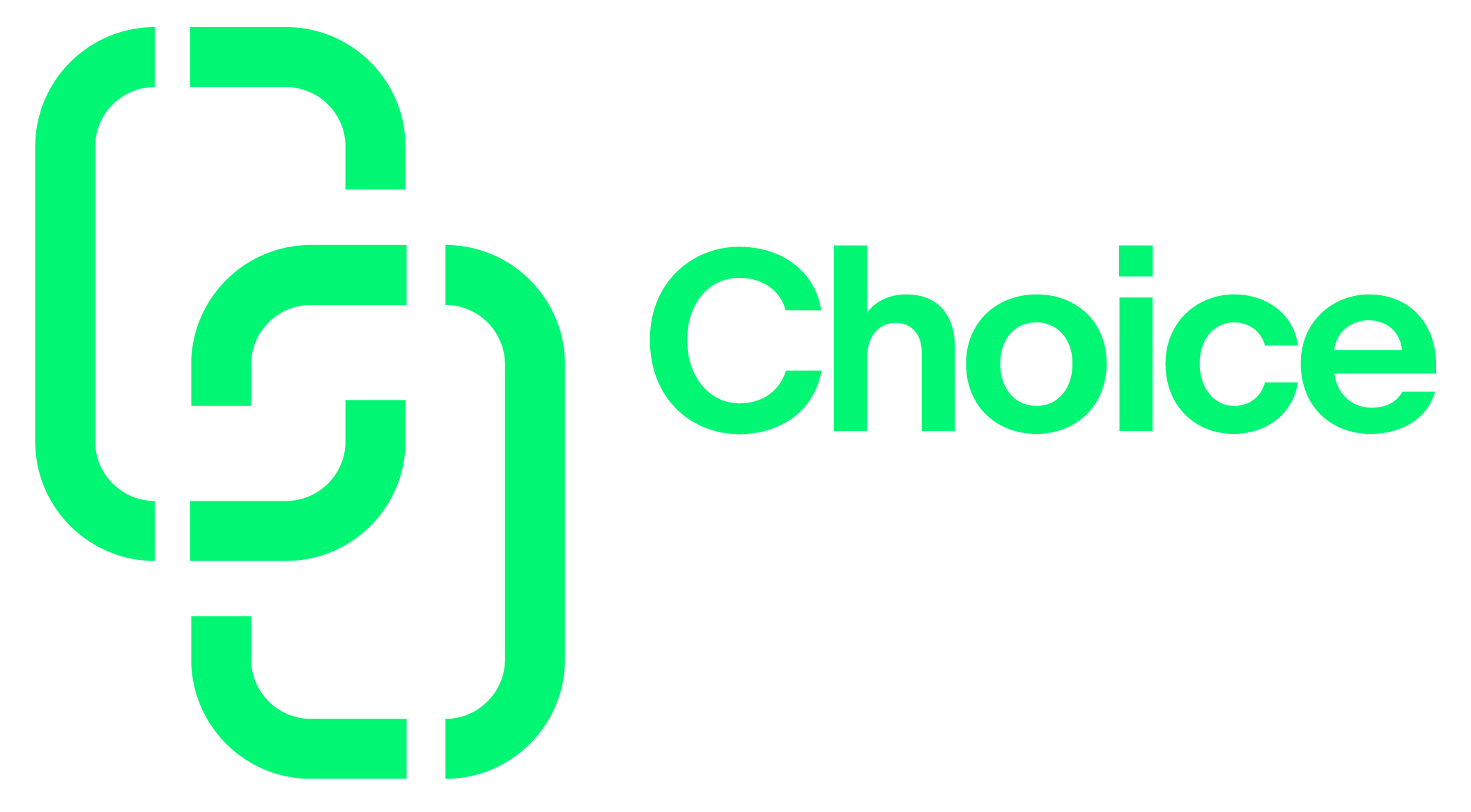Sustainable farming
Motivating local women coffee producers to adopt sustainable production practices and reduce vulnerabilities in their communities and ecosystem
CHOICE pilot activities in Colombia.
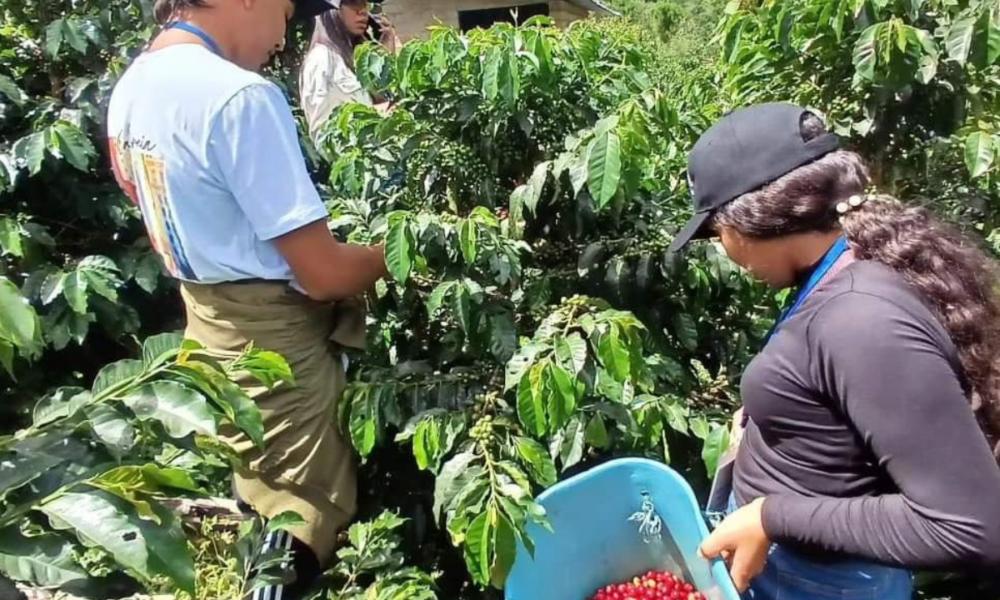
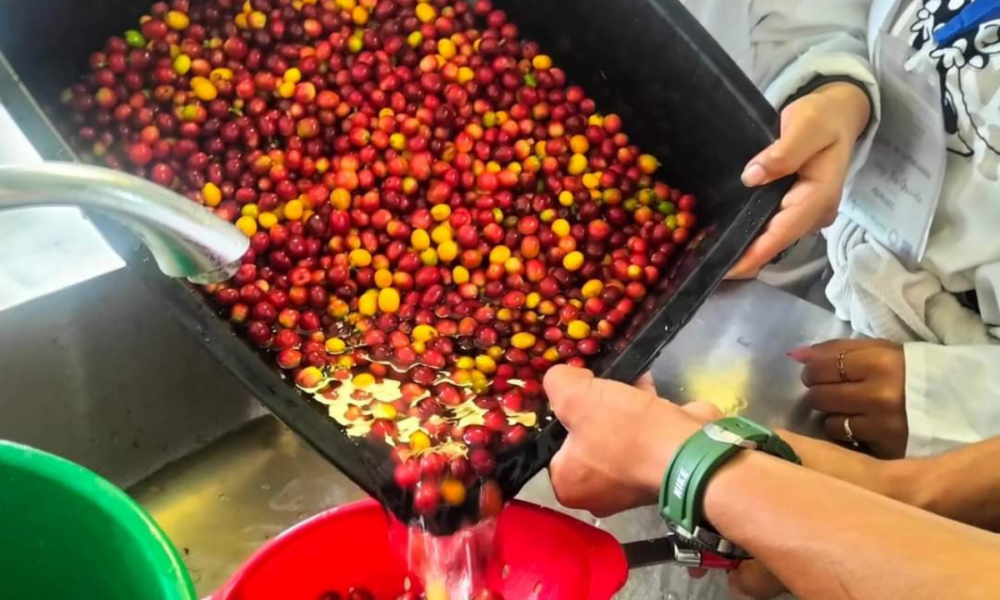
Motivation
Colombia is one of the three largest coffee producers in the world (8.9% of the global total), contributing 11% of total agricultural GCP. Inevitably, women’s labour in coffee production has a central role.
CHOICE partners SUP and Tecni are among the first organisations to guarantee the constant support of indigenous women in the Cauca area and the production of 100% sustainable quality coffee. Prompt actions taken so far to address climate change impacts involve capacity-building activities on adopting technological innovation and good farming practices. However, the existence of traditional coffee processes, the resulting vulnerabilities (water overuse and contamination), the high production costs of the fermentation procedure (constant adaptations and calibrations of the pulpers, water channels and fermentation tanks with unsuitable materials) and product delivery, are significant limitations that prevent Columbian female farmers from following a sustainable pathway.
Pilot Scope and Activities
Leveraging the influential association of Women Coffee Growers of Cauca (AMUCC), over 487 women smallholder coffee producers from 10 coffee-growing municipalities in the region, managing 119 hectares of coffee land, will investigate the benefits of adopting various sustainable farming practices, such as shade coffee farming, indigenous forest tenure, coffee husks as bio-fertilizers, and agroforestry systems.
These practices will be compared with traditional ones to evaluate their environmental, social impact, and value creation. Currently, the community is exploring adaptation strategies to enhance the resilience of farming communities and their coffee agroecosystems, a more positive approach that may facilitate stakeholder engagement by focusing on resilience building instead of perceiving them as climate change ‘victims’.
At the SUP processing plant, GHG emissions and other impacts will be estimated, including fuel usage, waste levels, and co-products generated. Engagement campaigns will utilize the social media profiles of producers, supplemented by workshops and hands-on sessions organized by SUP and Tecni. These will present various scenarios derived from the CHOICE IAM modelling framework in simplified language, using data stories relevant and appealing to the local context. The emphasis will be on mitigating community risks associated with rising temperatures and the increased likelihood of extreme flash floods, informed by the CHOICE IAM models and spatially downscaled data on biodiversity, water, health, and climate change impacts. The impacts will also be linked with biodiversity trade-offs, exploiting the relevant spatially explicit module of GLOBIOM.
Enablers
|
Expected Measurable Outcomes
- Increase number of farmers that will opt for a pro-environmental behaviour using the suggested green farming practices, i.e. shade coffee farming, indigenous forest tenure, use of coffee husks as bio-fertilisers, agroforestry systems.
- Engage actively more than 200 women farmers in the project campaigns and workshops, maintaining their participation for at least 12 months, with an increased rate (at least 30%) of adopting sustainable farming practices.
- 10% increase in synergies between female coffee producers in production and processing activities, creating a protocol for the co-production of new sustainable coffee specialities.
- Engage more than 200 local farmers with different scenarios of sustainable farming practices, interacting with FABLE calculator interface, observing the climatic indices and risks in their agro-forestry ecosystem through the work of T3.3, as well as biodiversity information from the GLOBIOM spatially explicit module. Measuring indicators delivered from the farmers experience regarding usability, trust and relevance.
- Organise at least 3 large-scale campaigns and 4 annual challenges, 1 per quarter with CHOICE-related objectives.
Involved partners
Pilot leader:
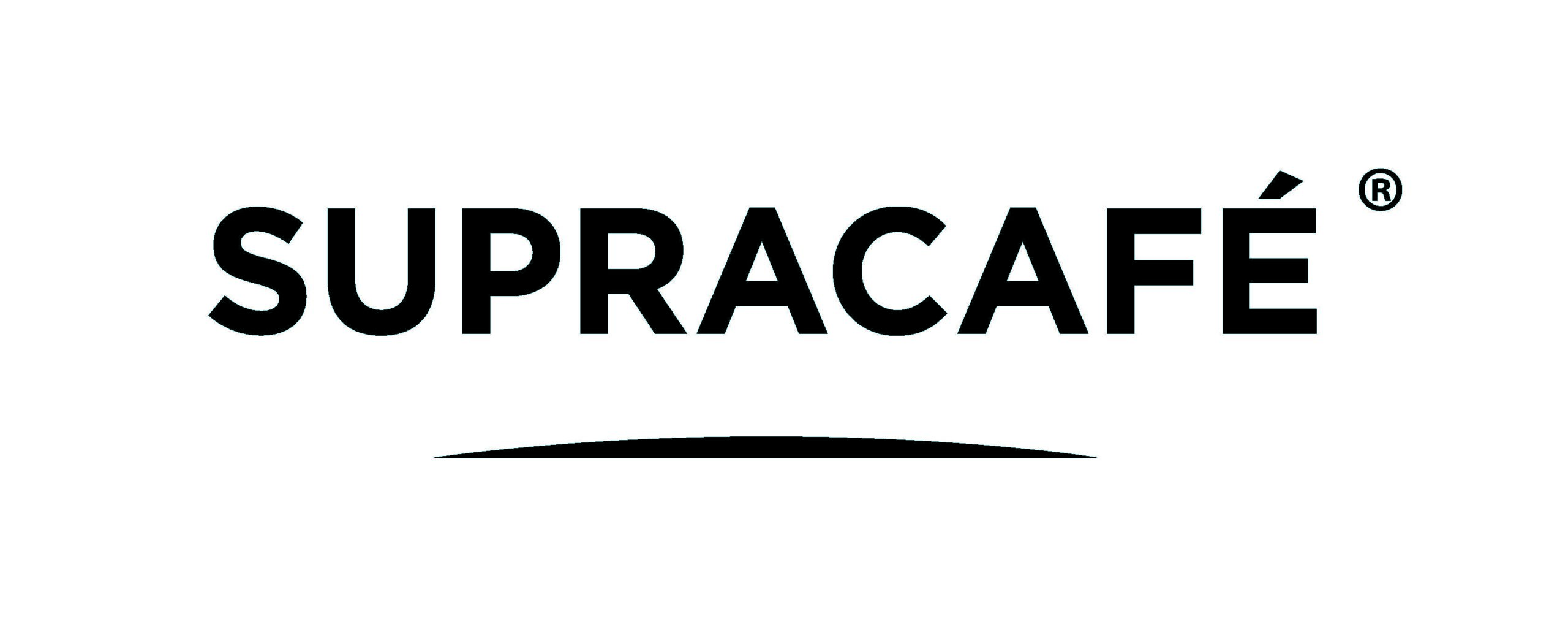
![]()
Partners:

![]()
![]()
![]()
![]()
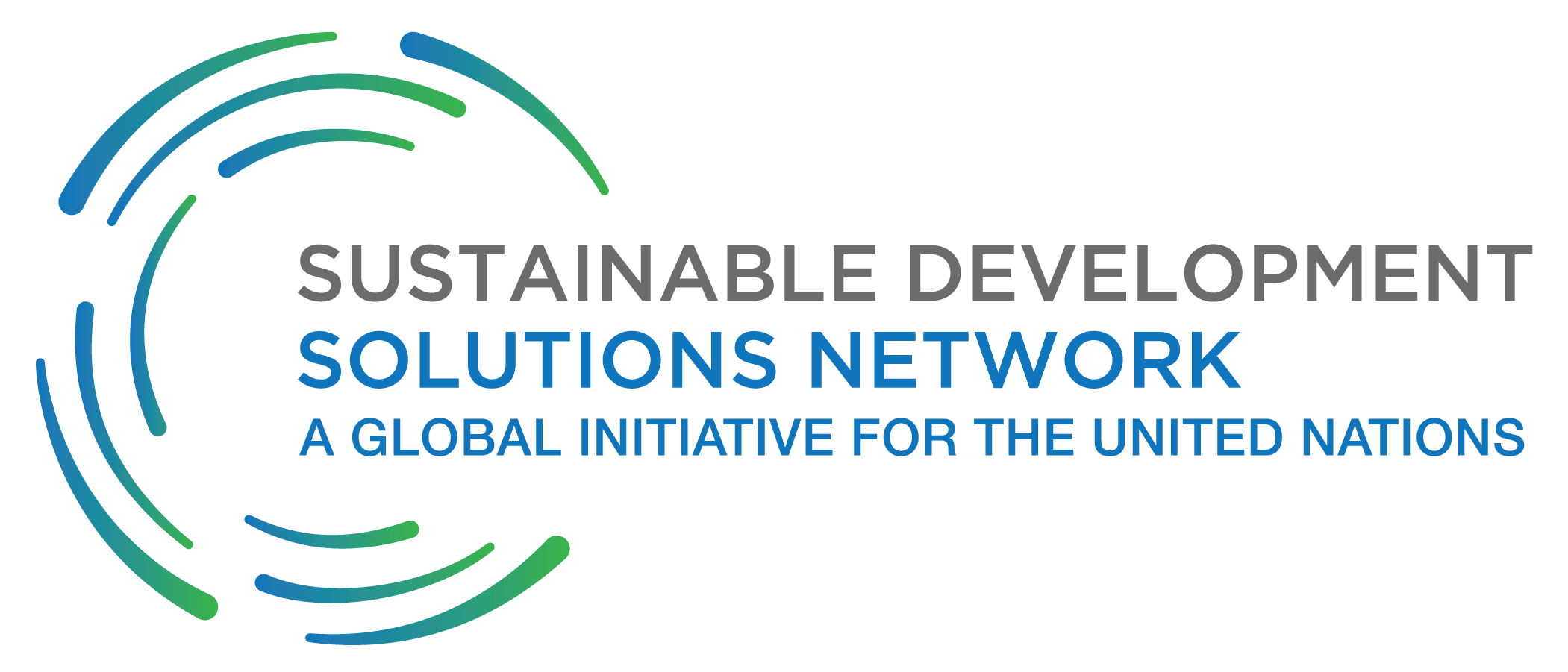
![]()

![]()
![]()
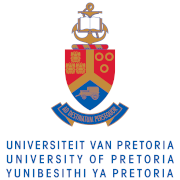
![]()


